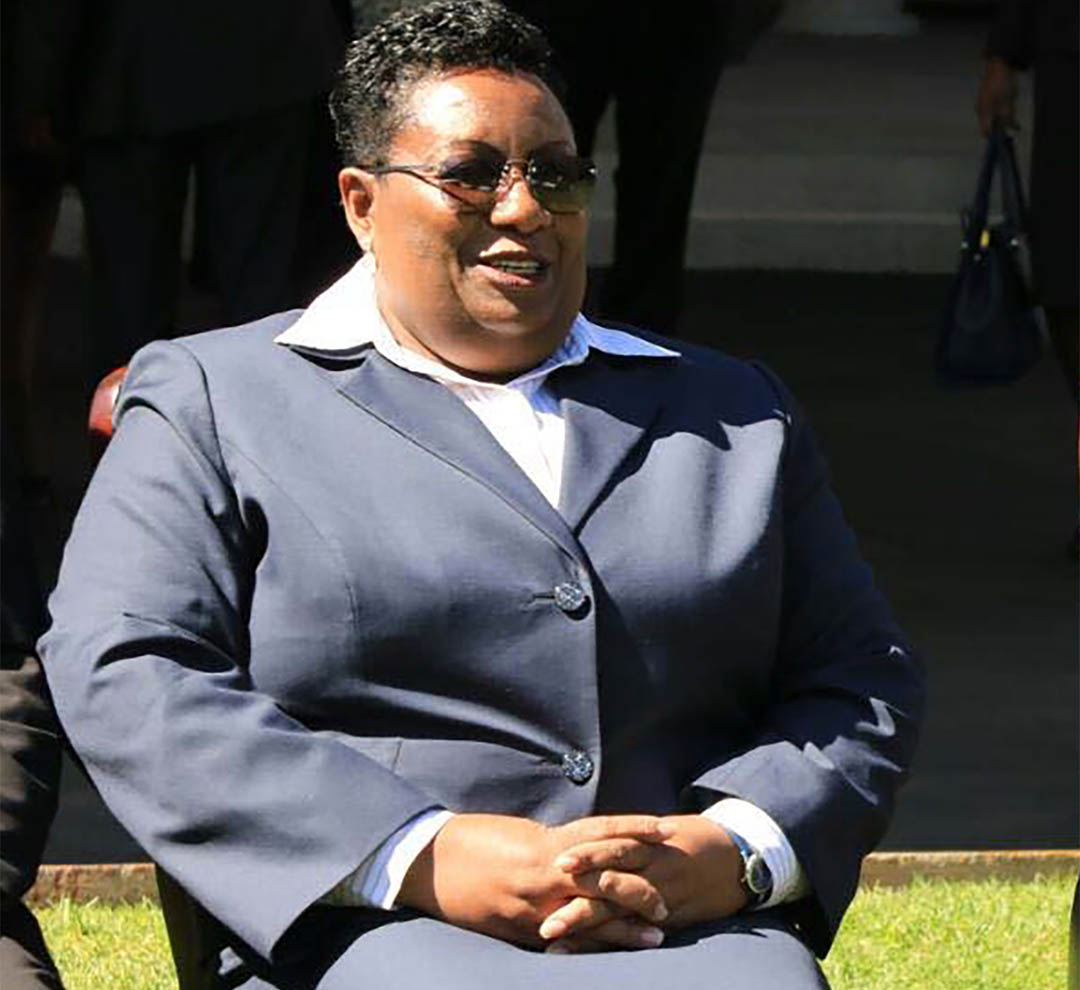HARARE – High Court judge Loice Matanda-Moyo was sworn-in as head of the Zimbabwe Anti-Corruption Commission (ZACC) on Thursday, as President Emmerson Mnangagwa sidestepped concerns about political associations that could hinder her work.
The judge is the wife of Foreign Minister Sibusiso Moyo.
Matanda-Moyo took an oath before Mnangagwa at State House, at an event also attended by Chief Justice Luke Malaba.
She told journalists she was aware of concerns around her appointment, but asked to be judged on her performance.
“Let posterity judge me. Corruption is a vice that must be fought strenuously. My message to the corrupt is that they must stop corruption immediately,” she said.
Parliament has shortlisted 133 people who were nominated to be ZACC commissioners. They will undergo public interviews before MPs sends 12 names to Mnangagwa from which he will select eight names.
Mnangagwa dissolved ZACC in January after its nine commissioners, including the chairman Job Whabira, were forced to resign under pressure from Vice President Constantino Chiwenga who accused them of being corrupt and ineffective.
ZACC is the focal point in Zimbabwe’s fight against corruption, but the last commission was criticised for doing politicians’ bidding and being corrupt.
The constitution enjoins ZACC to “combat corruption, theft, misappropriation, abuse of power and other improper conduct in the public and private sectors” as well as “promote honesty, financial discipline and transparency in the public and private sectors.”
The commission, which must operate independently, can “receive and consider complaints from the public and take such action in regard to the complaints as it considers appropriate”.
ZACC also has power to “direct the Commissioner-General of Police to investigate cases of suspected corruption and to report to the Commission on the results of any such investigation.” It can also refer matters to the National Prosecuting Authority for prosecution.
ZACC is also given a broader mandate to make recommendations to the government on measures to enhance integrity and accountability and prevent improper conduct in the public and private sectors.
ZACC’s powers of arrest have been challenged in court, but the constitution empowers the body to “recommend the arrest and secure the prosecution of persons reasonably suspected of corruption, abuse of power and other improper conduct which falls within the Commission’s jurisdiction.”
The constitution also empowers ZACC to bring to the attention of parliament “matters relating to improper conduct in the public and private sectors.”
















